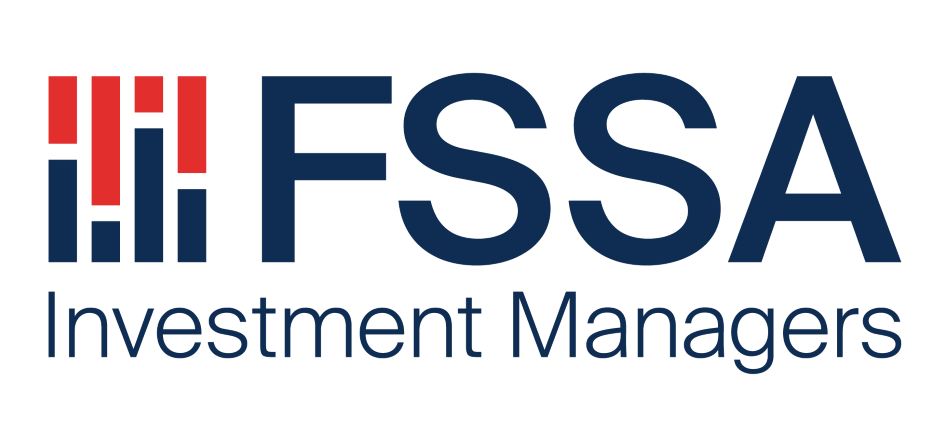

Case Study: Beyond a Tick-Box Exercise
Kansai Nerolac Paints (“Kansai Nerolac”) is a leading paints company in India, 75%-owned by Kansai Paints of Japan. Over the last two decades, it has been dominant in automotive coatings with over 60% domestic market share. The company is also one of the largest manufacturers of decorative wall paints with the iconic Nerolac brand, which has been present in India since the 1950s.
FSSA Investment Managers have been shareholders for most of the last decade and hold the management team in high regard for the way they have built the business over time. We believe their track record of growing consistently and generating significant operating cash flows is commendable – over the past 20 years, the company has grown sales nearly eleven-fold while generating returns on capital employed1 of 24% on average.
As part of our regular portfolio monitoring and reviews, we recently sought to improve our understanding of Kansai Nerolac’s sustainability challenges and opportunities, as well as their approach to the subject. As we compared its data on Scope 1 and 2 emissions2 intensity, water intensity and its share of renewable energy versus some listed peers, we observed that it was lagging on a few metrics. As the company has historically been a pioneer on sustainability initiatives, including being the first company to produce lead-free decorative paints in India, we decided to write a letter to the management team to seek clarity on the current situation.
We received a prompt and proactive response from the company, which highlighted the difference in Kansai Nerolac’s business mix compared to peers. In particular, a significant proportion of its business is industrial automotive paints which by nature are more energy intensive. In that context, the company’s emissions intensity was only marginally higher than peers, despite it not being a like-for-like comparison. Further, the management team wanted to measure and validate its current environmental impact against global frameworks. Although this undertaking would take longer, the result would be more concrete plans towards its long-term decarbonisation3 goals. The company has now undertaken several short-term and long-term decarbonisation initiatives and is the only paints company in India to have targets verified by the Science Based Targets initiative (“SBTi”) across Scope 1, 2 and 3 emissions.
Overall, we were encouraged by the company’s response. While its current emissions intensity and renewable energy consumption metrics appear less impressive than peers, the direction of travel is positive. Kansai Nerolac has chosen to approach sustainability in a comprehensive, long-term manner rather than simply ticking the boxes. We look forward to continuing our dialogue with the management team in the coming years and tracking the progress of their climate‑related initiatives.
Footnotes
1 Return on capital employed is calculated by dividing net operating profit, or earnings before interest and taxes, by capital employed. A higher return on capital employed suggests a more efficient company, at least in terms of capital employment. However, a lower number may also be indicative of a company with a lot of cash on hand since cash is included in total assets. As a result, high levels of cash can sometimes skew this metric.
2 Scope 1 emissions are direct Greenhouse gas emissions (GHG) occur from sources that are owned or controlled by the company, for example, emissions from combustion in owned or controlled boilers, furnaces, vehicles, etc. Scope 2 emissions accounts for GHG emissions from the generation of purchased electricity consumed by the company. Purchased electricity is defined as electricity that is purchased or otherwise brought into the organizational boundary of the company. Scope 3 emissions is an optional reporting category that allows for the treatment of all other indirect emissions. Scope 3 emissions are a consequence of the activities and operation of the reporting company within its value chain.
3 Decarbonisation is the process of reducing the amount of carbon, mainly carbon dioxide, sent into the atmosphere.
Risk factors
Capital at risk. The value of investments and any income from them may go down as well as up and are not guaranteed. Investors may get back significantly less than the original amount invested.
Important Information
This document has been prepared for informational purposes only and is only intended to provide a summary of the subject matter covered and does not purport to be comprehensive. The views expressed are the views of the writer at the time of issue and may change over time. It does not constitute investment advice and/or a recommendation and should not be used as the basis of any investment decision.
This document is not an offer document and does not constitute an offer or invitation or investment recommendation to distribute or purchase securities, shares, units or other interests or to enter into an investment agreement. No person should rely on the content and/or act on the basis of any material contained in this document.
Net Asset Value (NAV) performance is not the same as share price performance and shareholders may realise returns that are lower or higher than NAV performance.
This document is confidential and must not be copied, reproduced, circulated or transmitted, in whole or in part, and in any form or by any means without our prior written consent. The information contained within this document has been obtained from sources that we believe to be reliable and accurate at the time of issue but no representation or warranty, express or implied, is made as to the fairness, accuracy, or completeness of the information. We do not accept any liability whatsoever for any loss arising directly or indirectly from any use of this information.
References to "we" or "us" are references to First Sentier Group. In the UK, issued by First Sentier Investors (UK) Funds Limited which is authorised and regulated by the Financial Conduct Authority (registration number 143359). Registered office Finsbury Circus House, 15 Finsbury Circus, London, EC2M 7EB number 2294743.
Scottish Oriental Smaller Companies Trust plc ("Company") is an investment trust, incorporated in Scotland with registered number SC0156108, whose shares have been admitted to the Official List of the London Stock Exchange plc. The Company is an alternative investment fund and has appointed First Sentier Investors (UK) Funds Limited as the alternative investment fund manager for the Company. Further information is available from Client Services, First Sentier Group, Finsbury Circus House, 15 Finsbury Circus, London, EC2M 7EB or by telephoning 0800 587 4141 between 9am and 5pm Monday to Friday or by visiting www.scottishoriental.com. Telephone calls with First Sentier Group may be recorded.
First Sentier Group entities referred to in this document are part of First Sentier Group, a member of MUFG, a global financial group. First Sentier Group includes a number of entities in different jurisdictions. MUFG and its subsidiaries do not guarantee the performance of any investment or entity referred to in this document or the repayment of capital. Any investments referred to are not deposits or other liabilities of MUFG or its subsidiaries, and are subject to investment risk including loss of income and capital invested.
© First Sentier Group


